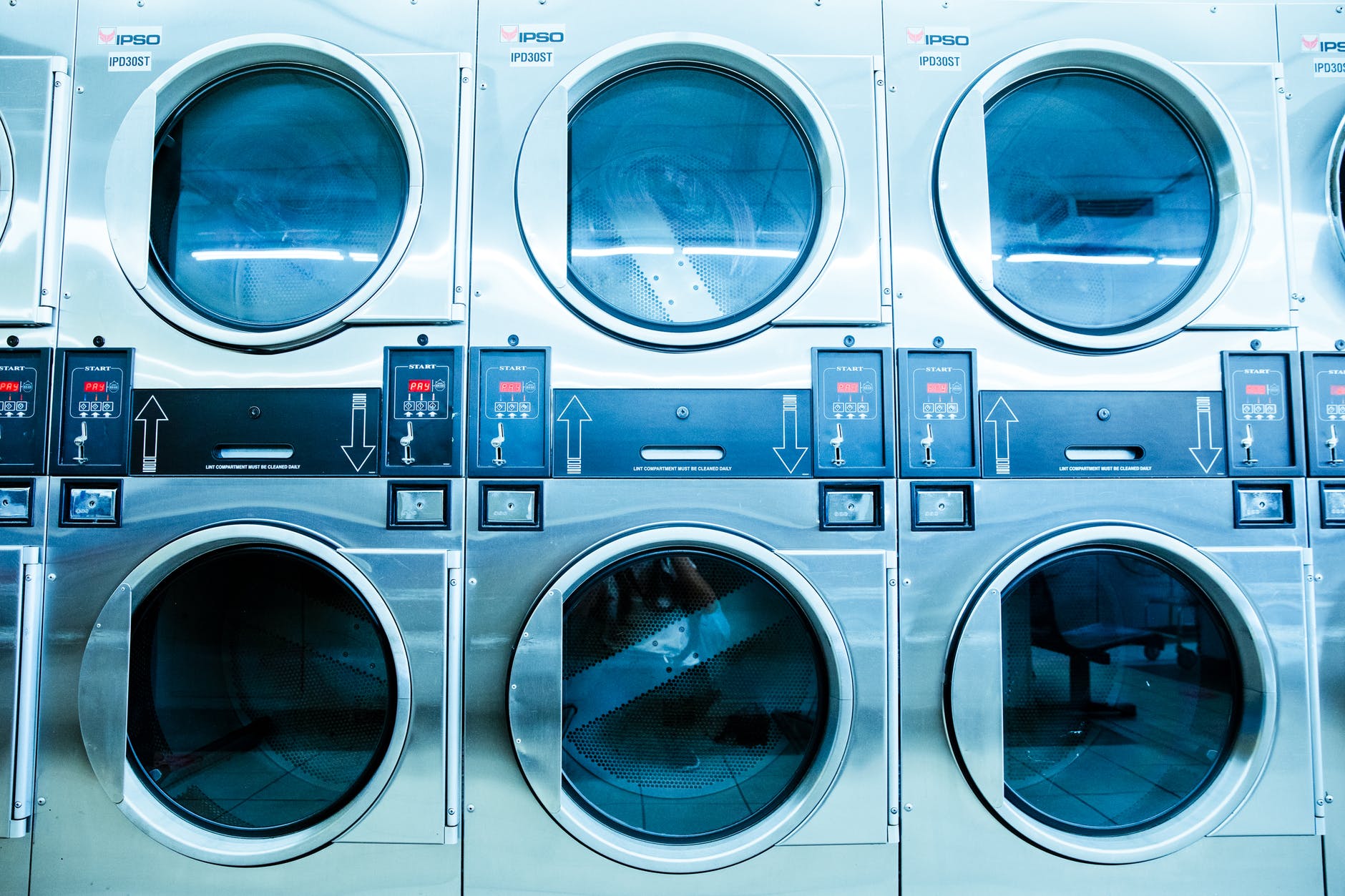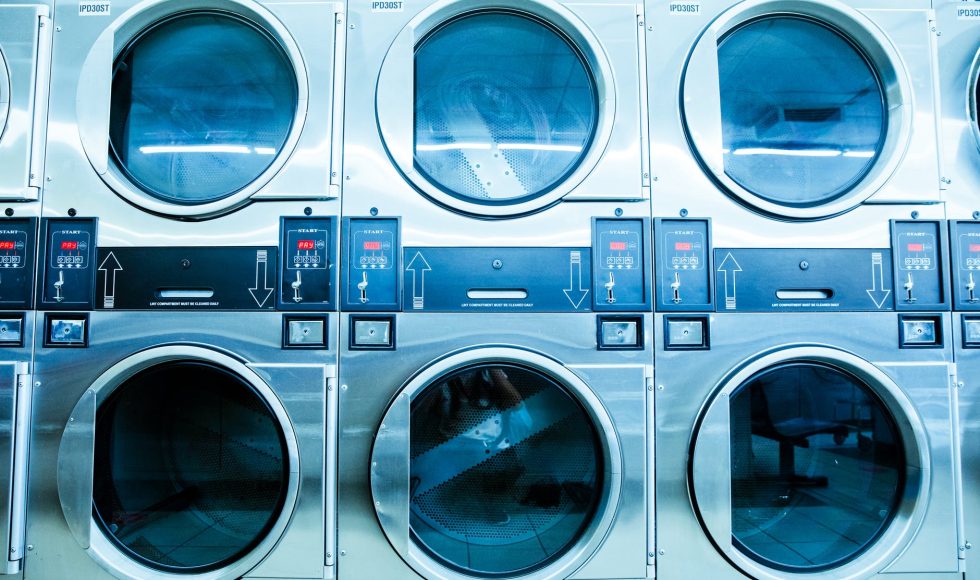Azure Grimes presented a recorded Open Ed 2021 session entitled “Wash and Learn: Access to Education and Technology at Pop-Up Library Spaces.” Grimes is a Senior Program Manager with Libraries Without Borders. I didn’t know about this organization! Libraries Without Borders (LWB) is “an international non-profit that is committed to expanding access to information and critical services to underserved communities around the world.” They have three major projects: wash and learn, manufactured housing projects, and exploratory projects. Grimes mentioned they use agile design that is iterative as possible. The Wash and Learn Initiative began to encourage literacy and support people in humanitarian crises. They work with immigrant, migrant, and underserved communities. In the US, they asked: how can we connect with people and provide information? Grimes mentioned that in a laundromat in 2015, they began creating an indoor space for learning. I noticed on their map that North Carolina has sites for this program. They use human–centered design, and Grimes mentioned that this is a:
- repeatable process
- meet people where they are
- routine user feedback
- iterative design process
- cultivate shared ownership through collaboration, and
- the importance of documentation (templates, emails…)
Wash and Learning Initiative (WALI) started with Stage 1: foraging partnerships. Next, they conduct outreach and gather information, for example, with laundromat owners. Thirdly, they assess needs to: “identify barriers and opportunities.” Step 4 is co-design with community members. For example, Grimes mentioned sticker voting to learn from users about their needs and establish trust. Step 5 is to launch and evolve with the lessons. I was amazed to learn from Grimes that the entire national WALI program has ten staff. They interviewed several groups and … created personas! Grimes talked about interviewing and establishing partnerships! Nevertheless, Grimes stressed meeting people where they are. Grimes shared the link: washandlearn.us/wali-community-toolkit What an impactful way of engaging and expanding.



